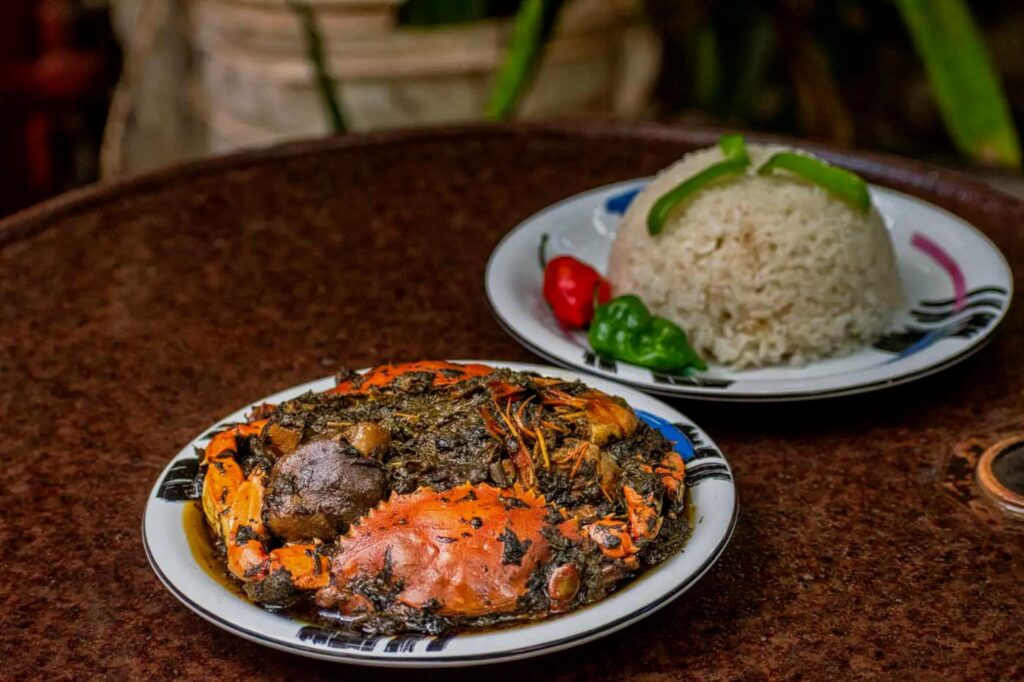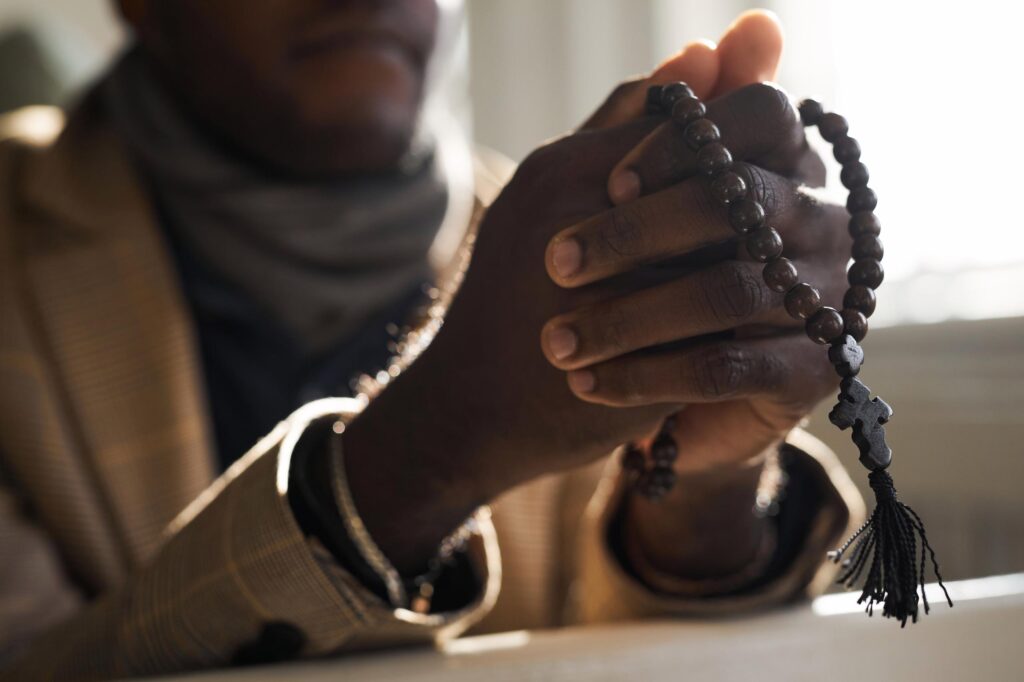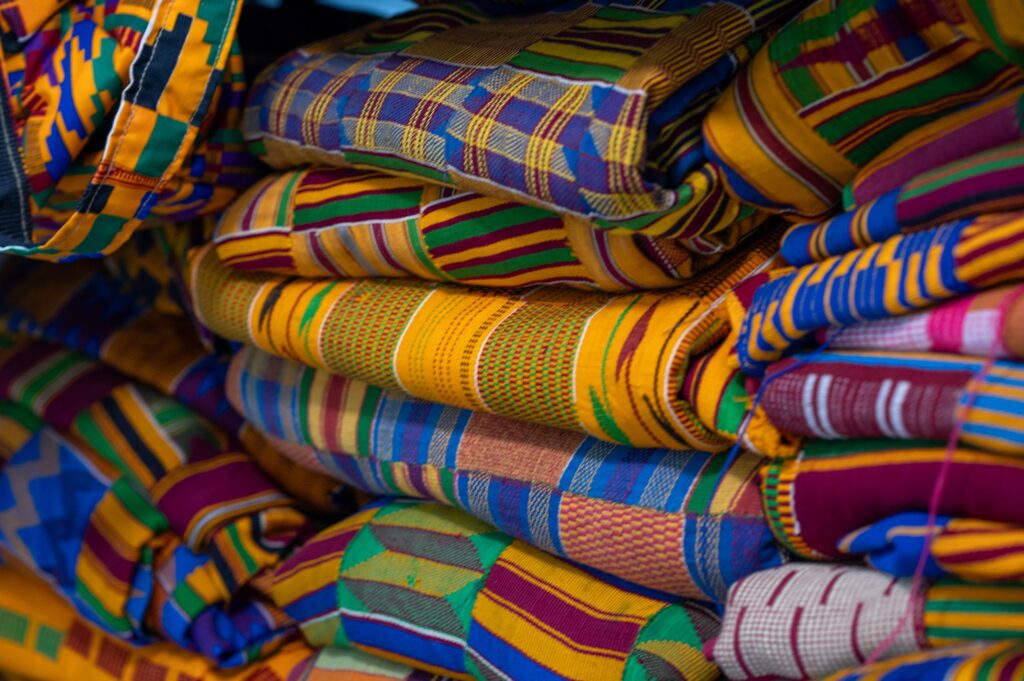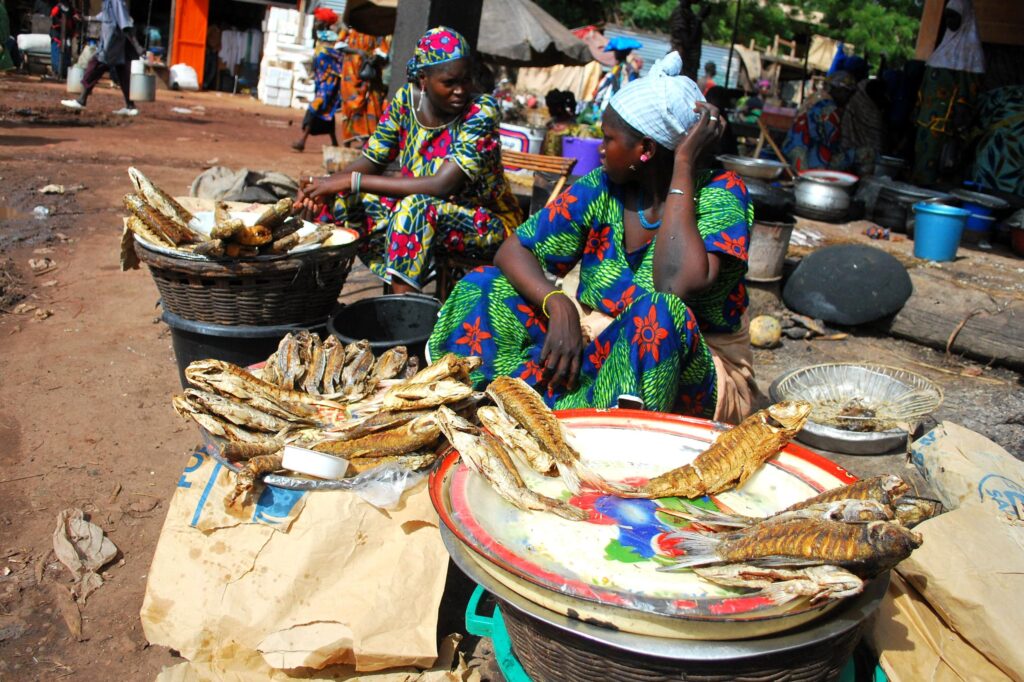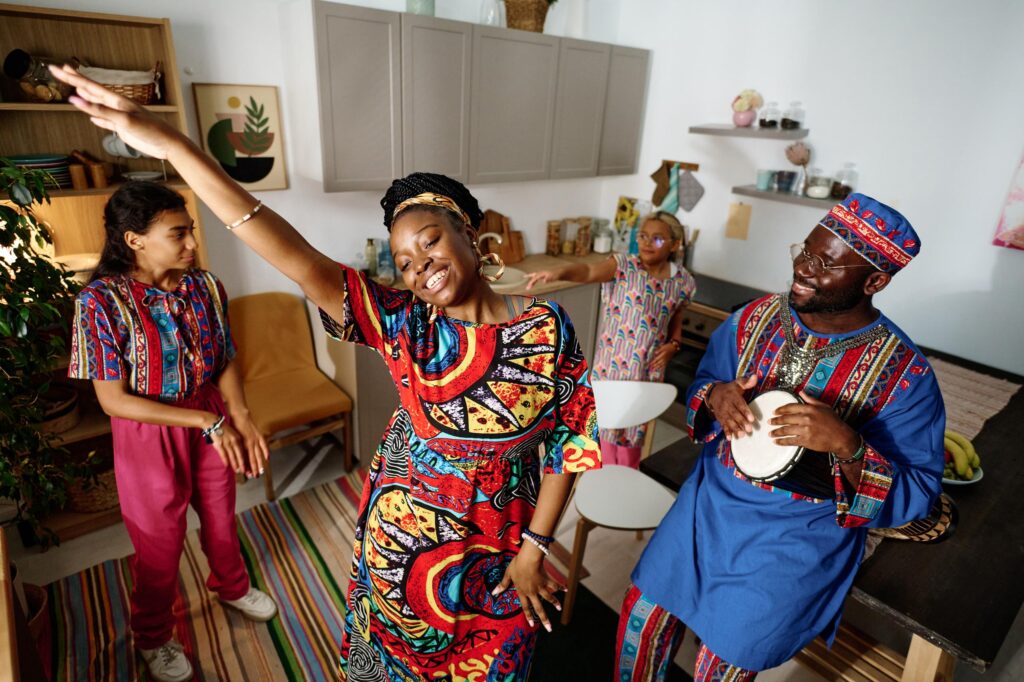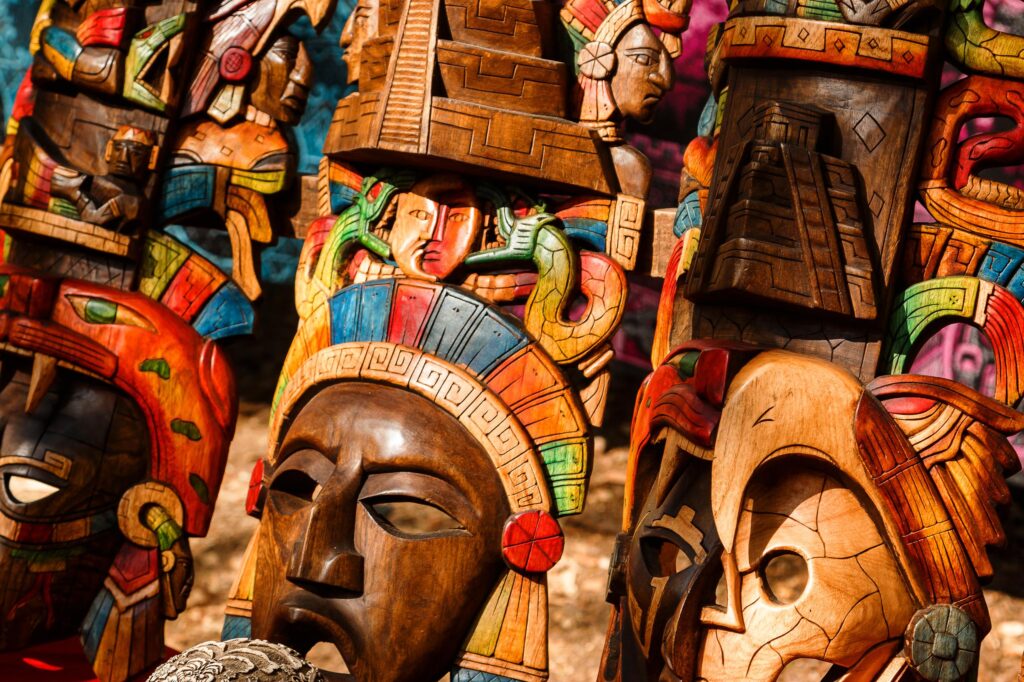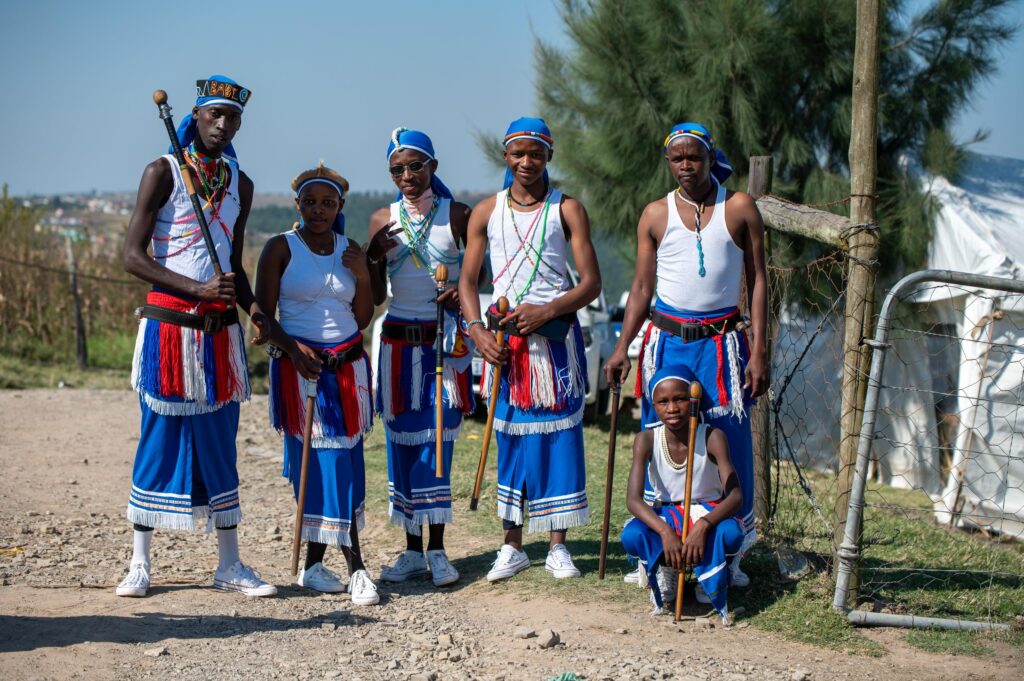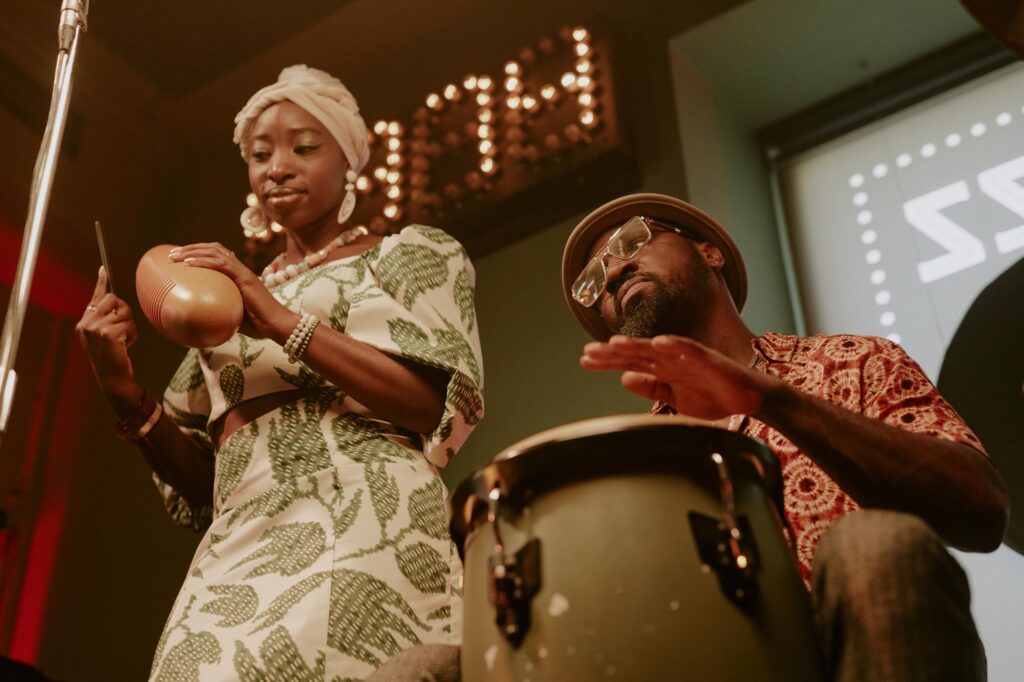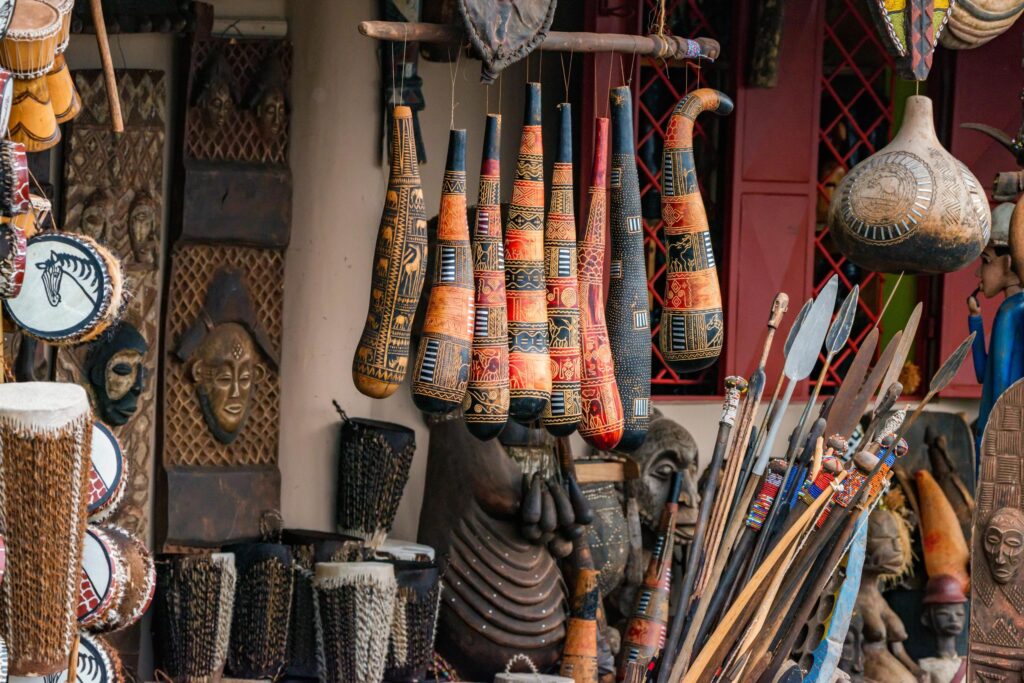Under the Rock, Abeokuta

Introduction
Abeokuta began in the 1830s when Egba migrants settled at the base of Olumo Rock, turning a granite refuge into a thriving cultural crossroads. This page distils trusted research insights into concise summaries that trace the city’s journey, honour its Egba heritage and keep every detail anchored in cultural authenticity.

History & Ancestral origins
For centuries the Egba lived under Old Oyo rule, but the warrior Lisabi secured their independence in the late eighteenth century and taught them self‑defence and civic law. Two generations later the Yoruba civil wars, triggered by disputes such as the famous Alligator‑pepper quarrel at Apomu, destroyed many Egba towns and drove survivors southward. Led first by the Balogun Lamodi and then by Seriki Sodeke, they reached the farmland of an Itoko farmer named Adagba in 1830; his fields became known as Oko Adagba, Adagba’s farmstead.
The settlers camped literally “under the rock”: the Yoruba phrase abẹ okuta (“beneath stone”) soon gave the new city its name, a fact Victorian visitors recorded when they translated Abeokuta simply as “Under Stone”. Olumo Rock offered natural ramparts, and Sodeke’s forces repeatedly repelled raids from Ijebu, Ibadan and Dahomey between 1832 and 1864. By 1854 the first Alake, Okukenu I, had been chosen, cementing a distinct Egba polity. By 1854 the first Alake, Okukenu I, had been chosen, cementing a distinct Egba polity.
FOOD
RELIGION
CLOTHING
ECONOMIC ACTIVITIES
INTRIGUING STORIES
TRADITIONS & RITUALS
LANGUAGE
ARTS, DANCE & MUSIC
FESTIVALS & CELEBRATIONS
PLACES & EXPEREINCES
© 2025 My Village People. All rights reserved.
